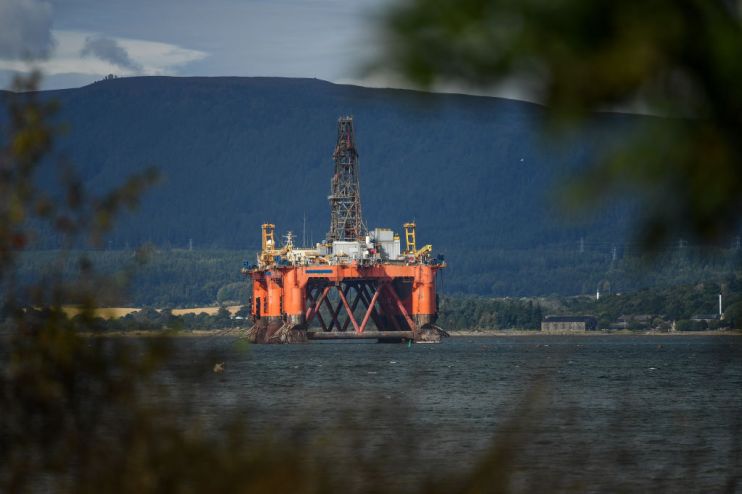North Sea industry push for windfall tax price floor in bid to boost bank lending

North Sea oil and gas producers are pushing the government to introduce a price floor in the windfall tax so that banks will offer more favourable lending terms to build new projects, City A.M understands.
A price floor would mean that the Energy Profits Levy – currently set at 35 per cent – would not be enforced when oil and gas prices ease to conventional trading levels, after soaring to record highs following Russia’s invasion of Ukraine last year.
Banks have been slashing funding for North Sea oil and gas operators since Chancellor Jeremy Hunt extended the EPL 2025 to 2028, as covered by City A.M. yesterday.
This has been weighing down proposals for new projects in the North Sea, with operators struggling to finance projects.
A North Sea industry source told City A.M. : “The credit committees of the banks have to work within the legislative framework. The legislation for the EPL has no price floor, and the credit committees can’t assume there will be a price floor.”
Another North Sea industry source told City A.M. that oil and gas producers hoped banks will reverse their decision if the government bring in a price floor.
It said: “If there were to be an announcement of a price floor, then there would be a greater likelihood that would be factored into a bank’s decision. Therefore, they wouldn’t be quite as pessimistic when it came to looking at what they’d be prepared to lend – because they would now view there to be an upside.”
A banking source told City A.M. that a price floor would almost certainly enable more lending, although they said it was unclear exactly how the levels would be affected until the terms of the price floor were clarified.
However, it also warned that the uncertainty regarding tax policy made it difficult for them to make investment decisions.
There were growing industry expectations Hunt would bring in a price floor to the windfall tax ahead of both the Budget, and then later during the so-called ‘Green Day’ response to the US Inflation Reduction Act, but it was never announced.
Meanwhile, Ithaca Energy has been hesitating over committing investment to the Rosebank oil and gas field, one of the largest undeveloped sites in the North Sea where it has a 20 per cent stake – as first reported by City A.M.
The project is home to potentially 500m barrels of oil and gas, meaning it could meet eight per cent of the UK’s fossil fuel needs between 2026 and 2030 if approved by regulators and the government this year.
Ithaca has called for a price floor to boost its lending base, enabling it to commit more funds for projects – warning it could pull out of Rosebank without such assurances.
So far, Enquest, Total and Harbour have all pulled out of domestic projects or slashed staff across UK operations in the past five months since the EPL was hiked.
When approached for comment, a Treasury spokesperson said: “The EPL strikes a balance between funding cost of living support from excess profits while encouraging investment in order to bolster the UK’s energy security.
“We have been clear that we want to encourage reinvestment of the sector’s profits to support the economy, jobs, and our energy security, which is why the more investment a firm makes into the UK, the less tax they will pay.”